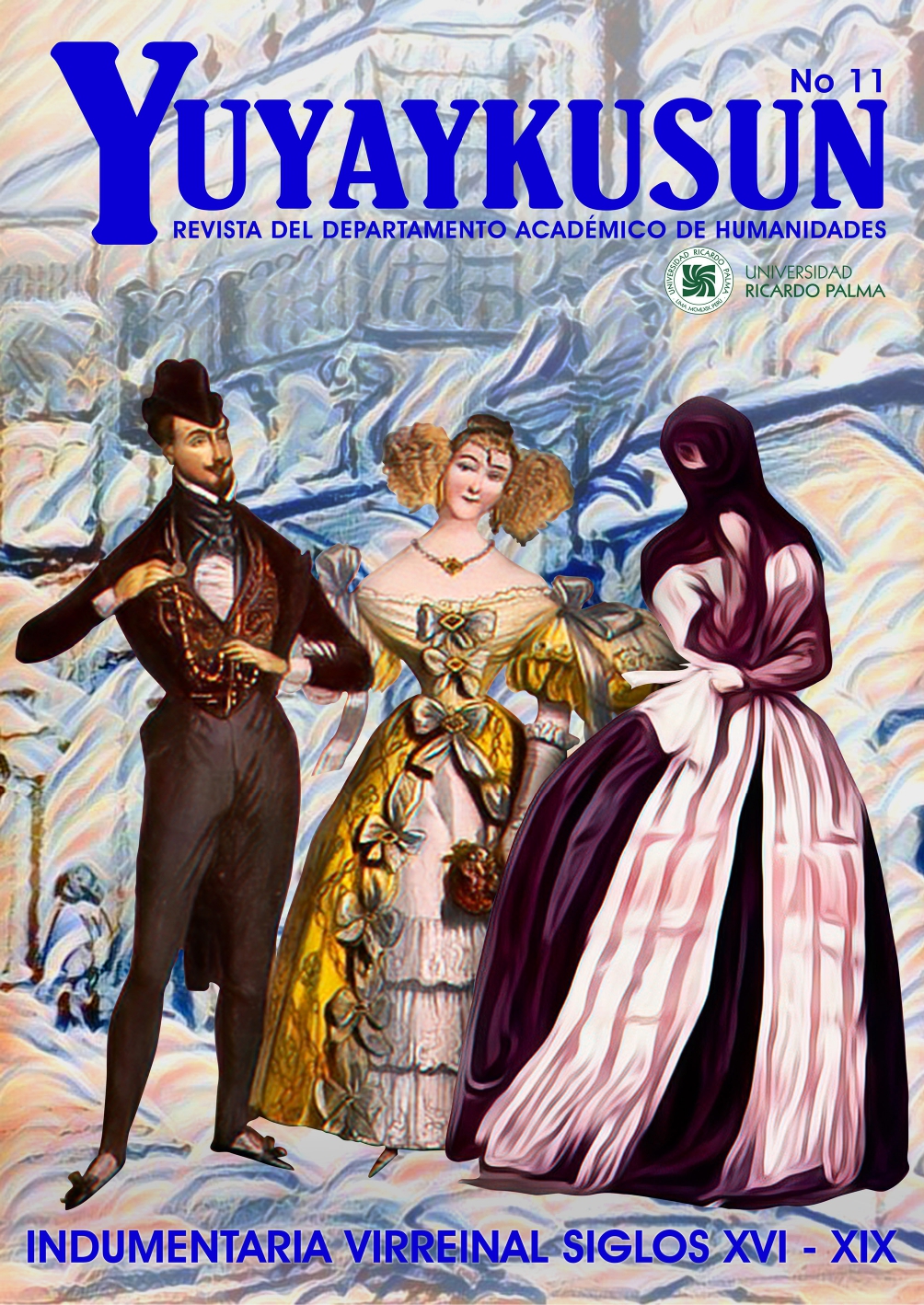Religion and politics: an approach to role of the Catholic Church in Peru from the war with Chile to the present day
DOI:
https://doi.org/10.31381/yuyaykusun.v1i11.4548Abstract
The Catholic Church in Peru has played a political role in various decision-making spheres within Peruvian society. During the period of the Peruvian independence, the Catholic Church kept a low profile and was rejected by the dominant political sector with a liberal tendency. However, such prominence arose after the war with Chile when due to the presidency of Nicolas de Piérola and the actions of the Lima widows, the resurgence of this organization was achieved. In this scenario, the Catholic Church in Peru would begin
to show itself to the population as an organizing entity, protector of women and at the same time as a defender
of a social politics based on charity and on others. This new role would be reinforced throughout the
20th century due to the application of an organization and structure policy of the Peruvian society. We will
see this in the political, social, and cultural articulation that the Catholic Church had with the different
participants and social agents in Peru. During the period of terrorism in Peru, the Catholic Church played
a role as mediator and protector of human rights that had been violated by both, the government forces,
and the terrorists. Finally, at the beginning of the 21st century, we will see its ability to gather people to
support or disapprove policies given by the governments on duty; for instance, «the March for Life» that
brought together different conservative political forces to avoid the approval of abortion

